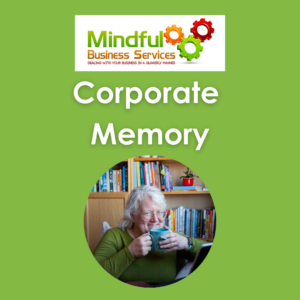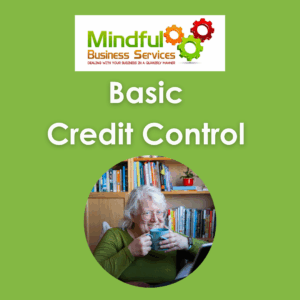This is part of the Quaker Alphabet Project – click here for more information.
K is for Kitchens
You may remember seeing some of the kitchen improvements I made after attending the Woodbrooke “Managing your Meeting House” course – where I added photos to improve equality.
But there is more to managing a kitchen than adding labels. Almost all Meetings will fall under food hygiene legislation, and as such have to think about what they – and others, do in their kitchens.
Quaker Meetings (well all churches) need to register at Food Businesses. Additionally the Churches safety page http://www.churchsafety.org.uk/information/other/food.htm is very clear that we not only have to register, but that the food handlers should be level 1 food safety/hygiene certified.
This level 1 certification is widely available and not very expensive, so ensuring that several members of the meeting have qualified won’t be too difficult. Some members may already be qualified too of course through their job or other activities.
This quote from North Norfolk Council struck me as useful: (I’ve snipped all but the two that apply to most Meetings, and a slightly ironic definition of food…)
“Food business” has a very wide definition and includes any activity where “food” is supplied whether carried on for profit or not. Examples of food businesses that need to be registered
- Educational establishments, e.g. schools and colleges.
- Community/church halls where a kitchen is used by the owners to provide food.
- Please note “Food” also has a very wide definition and includes:
- drink,
- articles and substances of no nutritional value which are used for human consumption,
- chewing gum and other products of a like nature and use and articles, and substances used as ingredients in the preparation of food.
Your local council will be able to give more detailed information as to their specific requirements, so do contact them for details.
- Has your meeting registered?
- Did you need to do any improvements to do so?
K is for Keys
Security is a continual concern for anyone running a building, choices as to whether the meeting house is left unlocked at certain times (such as during Meeting for Worship) or kept locked up at all times is something that each meeting will need to decide for itself.
How to deal with keys and giving access to hirers comes up regularly on the Wardenship e-list run by Quaker Life. Some meeting houses don’t give keys out, but access is supplied by staff, others hand out keys or use a key box system.
Newer technology has brought other options – keypad numerical systems allow each hirer to be given a specific code which can be added and removed easily thus allowing access for a short time, or to be changed if you suspect someone has given out the code, it also allows the access to be removed without having to chase the hirer for a key.
All of the above have benefits and problems, but a central register of who has been given a code or key is important. Some insurance companies request it and after an incident such as a burglary being able to hand a list or file of names and addresses to the police rather than having to create it from notes or memory, is extremely useful.
- What system does your meeting house have in place to give access and secure the building?
To browse through all of the posts click on the Quaker A-Z link here or in the side bar.






